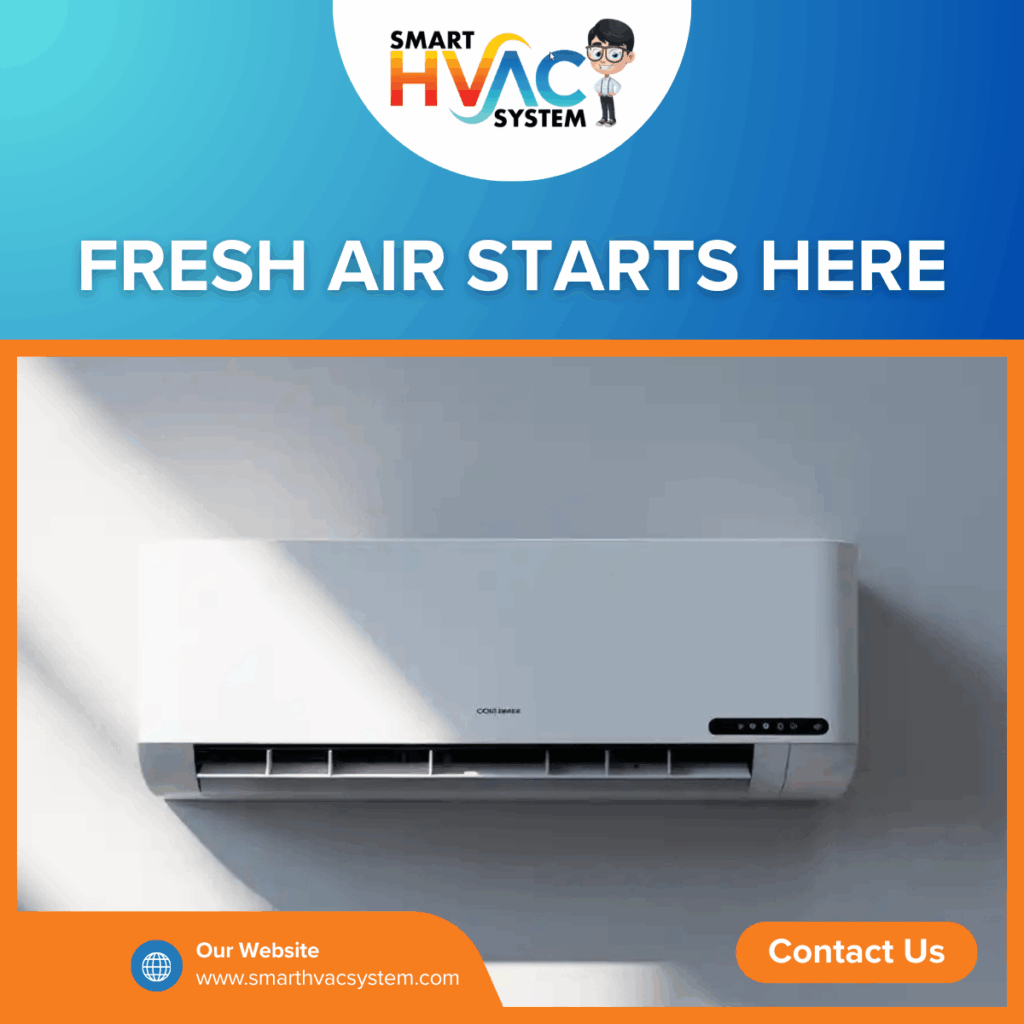When your air conditioning system starts acting up—especially on a hot day—it can quickly go from a minor annoyance to a major problem. Understanding common AC issues and their potential solutions can save you time, money, and a whole lot of sweat. While some problems require a professional HVAC technician, others can be handled with a bit of DIY effort.
Here are the most common air conditioner problems homeowners face, and how to fix or troubleshoot them effectively.
1. AC Not Blowing Cold Air
Cause:
If your AC unit is running but the air coming out isn’t cool, the issue could be a dirty air filter, low refrigerant levels, or a problem with the compressor.
Fix:
- Replace or clean the air filter.
- Make sure your thermostat is set to “cool” and the fan is on “auto.”
- If the problem persists, have a professional check the refrigerant level or compressor.
Pro Tip: A clean air filter improves airflow and helps maintain efficient air conditioning performance.
2. Air Conditioner Won’t Turn On
Cause:
This could be due to a tripped circuit breaker, a faulty thermostat, or electrical issues within the unit.
Fix:
- Check your breaker panel and reset any tripped breakers.
- Replace thermostat batteries.
- If the thermostat display is blank or the system still doesn’t start, call for professional AC repair.
3. Uneven Cooling in Different Rooms
Cause:
Hot or cold spots around your home often point to airflow issues, blocked vents, or problems with ductwork.
Fix:
- Make sure all vents are open and unblocked by furniture or curtains.
- Clean vents and check for obstructions.
- Schedule a duct inspection if airflow problems persist.
Bonus: A zoned air conditioning system or ductless mini-split can provide better control in multi-level homes.
4. Strange Noises Coming from the AC
Cause:
Rattling, buzzing, or grinding noises could signal loose parts, debris inside the unit, or a failing motor.
Fix:
- Turn off the unit and inspect for visible debris or obstructions near the fan.
- Tighten any visible screws or panels.
- Call an HVAC technician if noises persist, especially if it’s a grinding or high-pitched squeal.
Warning: Ignoring unusual sounds can lead to expensive HVAC system repairs later.
5. Water Leaking Around the AC Unit
Cause:
Water pooling around your indoor air handler often results from a clogged condensate drain line or a frozen evaporator coil.
Fix:
- Clear the drain line with a wet/dry vacuum or pour in a mixture of vinegar and warm water.
- If the coil is frozen, turn off the system to let it thaw, then check for airflow issues.
Note: Ongoing leaks can cause water damage and mold growth, so don’t ignore this issue.
6. Short Cycling (Turning On and Off Repeatedly)
Cause:
Your AC may be short cycling due to a dirty filter, low refrigerant, or an oversized system.
Fix:
- Replace the air filter.
- Have a technician check refrigerant levels and system sizing.
- Thermostat placement near heat sources can also cause frequent cycling—relocate if necessary.
7. Bad Odors from Vents
Cause:
Musty or burning smells from your cooling system can indicate mold in the ducts, a burnt-out wire, or a dead animal.
Fix:
- Replace filters and clean vents.
- Schedule a professional duct cleaning if mold or mildew is suspected.
- Burning smells require immediate HVAC attention to prevent fire hazards.
Preventative Tips to Avoid AC Problems
- Change air filters every 1–3 months.
- Schedule annual HVAC maintenance before summer starts.
- Keep the area around outdoor units clear of debris, leaves, and shrubs.
- Invest in a programmable thermostat to avoid overworking the system.
- Seal leaks in windows and doors to keep cooled air inside.
When to Call a Professional
While some AC troubleshooting can be done on your own, refrigerant leaks, electrical problems, and system diagnostics should always be handled by a certified air conditioning technician. Regular maintenance by a licensed HVAC contractor can also prevent most major issues before they begin.
Final Thoughts
Your air conditioning unit plays a crucial role in home comfort, especially during warmer months. Knowing how to spot and address the most common AC problems can help you stay cool and avoid expensive emergency repairs. For best results, combine DIY upkeep with regular professional service—and enjoy a worry-free summer.
READ MORE:
When to Repair vs. Replace Your Air Conditioner
Central Air vs. Ductless Systems: Which One Is Right for You?

